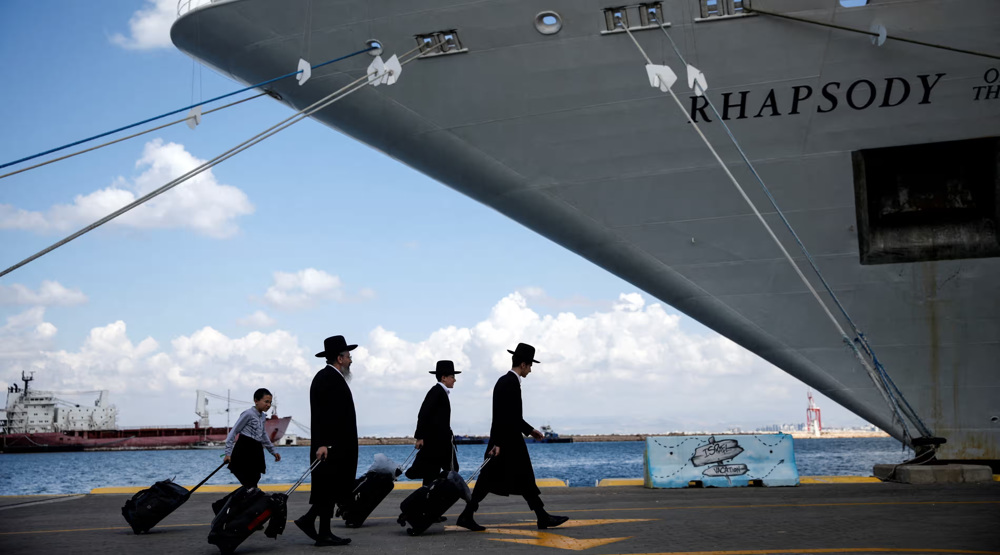EU says will blacklist UAE, Oman as havens for tax evasion
The finance ministers of the European Union have agreed to revise a blacklist for tax havens outside the bloc, adding 10 countries including the United Arab Emirates, Oman, and British and Dutch oversea territories to the list, despite last-minute push-back by some EU nations.
EU officials said Tuesday the bloc is increasing the number of blacklisted countries from 5 to 15 as part of a plan to raise the bar of tax good governance globally and cut out the opportunities for tax abuse.
The EU list is composed of countries that failed to deliver on their commitments to comply with required good-governance criteria.
“The United Arab Emirates facilitates offshore structures and arrangements aimed at attracting profits without real economic substance, and has not yet resolved this issue,” the Council of the European Union announced on Tuesday.
Pascal Saint-Amans, head of the Organization for Economic Cooperation and Development (OECD)’s tax group, had earlier described the UAE as a concern and argued that the country has not been “proactive” in curbing abuse.
EU documents seen by Reuters show that Italy and Estonia objected to the new tax haven list, as they opposed the inclusion of the United Arab Emirates, but to no avail.
Read more:
The new EU blacklist also includes Oman as the Sultanate “does not apply any automatic exchange of financial information, has not signed and ratified the OECD Multilateral Convention on Mutual Administrative Assistance as amended, and has not yet resolved these issues.”
The Dutch Caribbean island of Aruba, Barbados, Belize, the British overseas territory of Bermuda, Fiji, the Marshall Islands, Vanuatu and Dominica are also included in the new list released by the 28-nation bloc.
Read more:
They join Samoa, Trinidad and Tobago, and three US territories of American Samoa, Guam, and the US Virgin Islands which were already on the blacklist.
The blacklist was first set up in December 2017 after revelations of widespread tax avoidance schemes used by corporations and wealthy individuals to lower their tax bills.
Pressure from the United States, Saudi Arabia and Panama prompted EU governments earlier this month to block another blacklist of countries that show deficiencies in countering money laundering and terrorism financing.
A unanimous majority of European Union member states moved to block the new EU money-laundering blacklist that included Saudi Arabia and several US territories, following an appeal by Saudi Arabia's King Salman bin Abdulaziz Al Saud.
Saudi King Salman has reportedly written letters to all EU leaders appealing against the oil-rich kingdom's blacklisting.
The listing “will damage its reputation on the one hand and it will create difficulties in trade and investment flows between the Kingdom and the European Union on the other,” the Saudi monarch wrote.
Diplomat discourages recourse to pressure, intimidation, confrontation against Iran
UN: 2024 deadliest year for aid workers amid genocide in Gaza
Gaza health official warns of hospital shutdowns within 48 hours
Israel kills 5 more paramedics in southern Lebanon: Health ministry
Iran to launch ‘new, advanced’ centrifuges in response to IAEA resolution: AEOI
Yemen fires hypersonic missile at Israeli airbase
VIDEO | New Delhi chokes under toxic smog as air quality remains at hazardous levels
VIDEO | Press TV's news headlines











 This makes it easy to access the Press TV website
This makes it easy to access the Press TV website